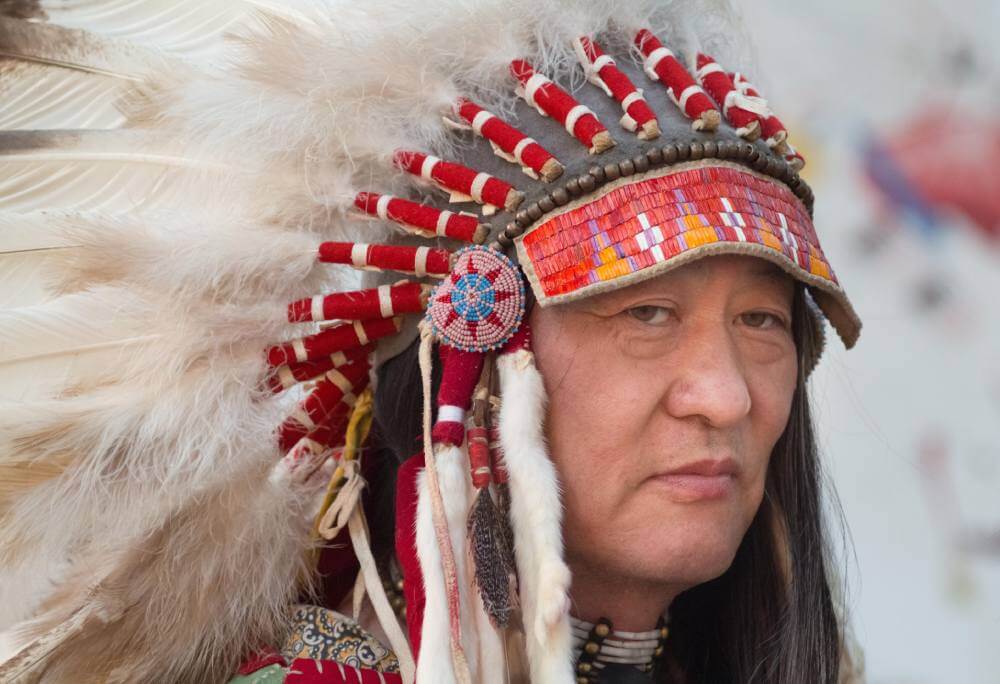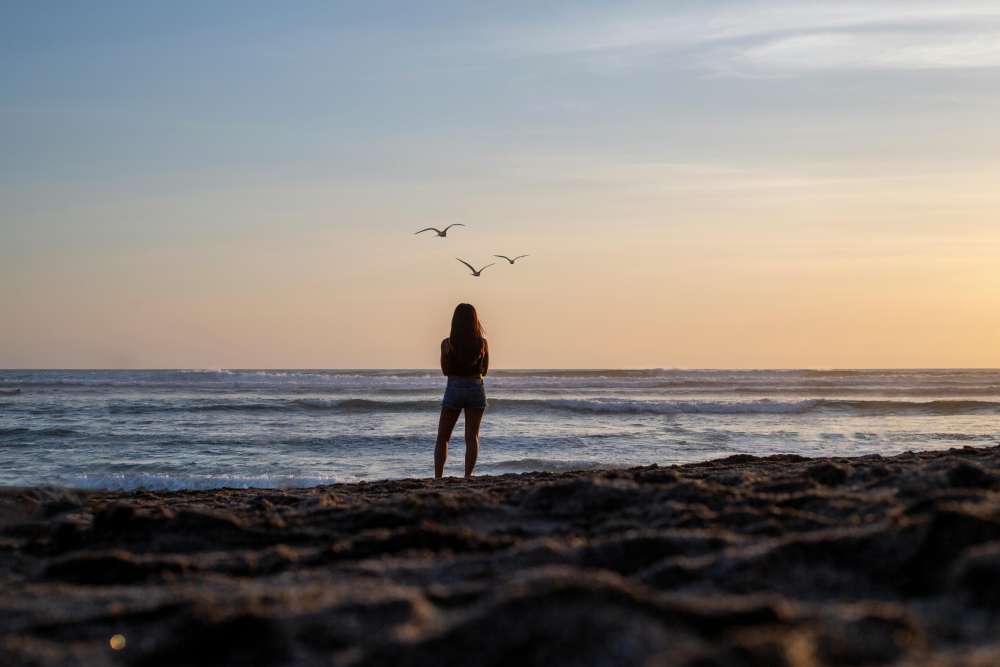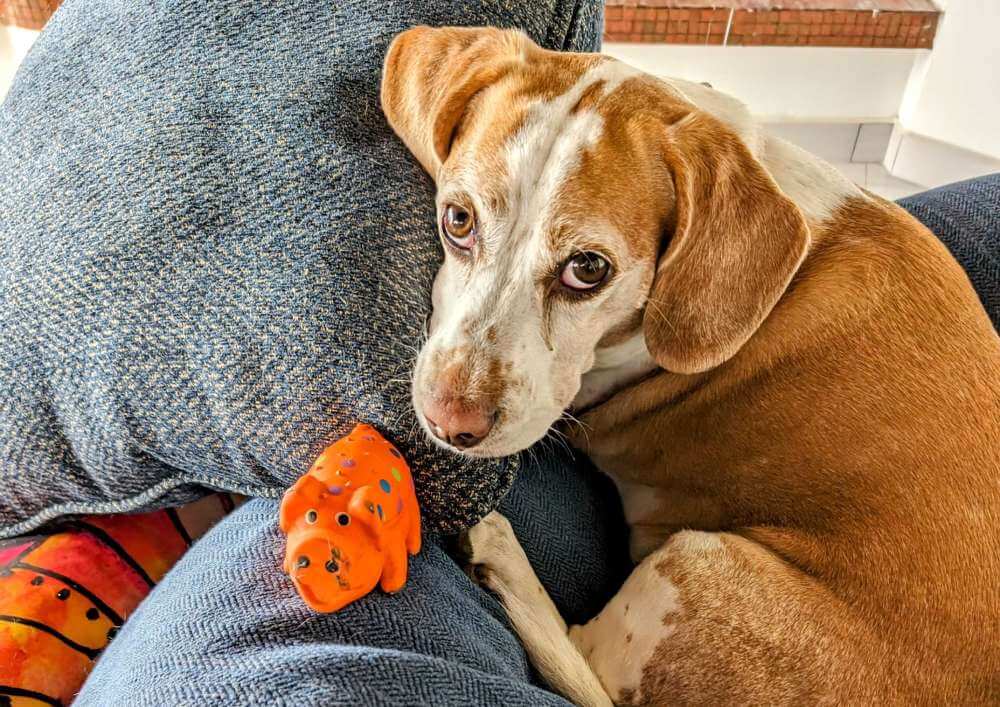Ownership is quite an interesting concept. It is the idea of “this is mine, it is not yours.” The way it works is it merges the idea of “I”, “Me”, with a thing – be it a car, a house, a building, land, or anything else really. It is a story we tell ourselves and if other people agree with the story, then there is paperwork created that represents that all parties agree with the story. We then have a legal system to support the tale. We use this framework to enhance our sense of a separate self, separate from everyone else, separate from the world. We use it to buttress our ego. But it is still, in truth, a fiction – no matter who agrees with it. It is simply another way that we entangle our identity with things – which were, are, and will never be who we really are.
This realization usually doesn’t come into focus until we are nearing the end of our life. As death approaches, it shines a light on the whole façade and reveals that while we were trying all those years to create an identity for ourselves through things, our true identity was there all along, utterly independent of any “thing.” The identification with things, with ownership, only served to hide the truth from us.
This is all partially why the renunciation of material possessions has been a cornerstone of so many spiritual systems and religions for so long. But this also can be a trap. The danger is that those who adhere to this paradigm can easily come to view themselves as more spiritually advanced thus, superior to those still in the grip of materialism. The ego simply latches on to the new identity. While the role may be different, the result is the same. We remain hopelessly disconnected from our true selves. We remain lost in delusion.
When the United States was being settled by white Europeans, they brought their concept of land ownership with them. The native Americans found it altogether incomprehensible. They didn’t even have a word for it in most of their languages. They believed that they belonged to the land, not the other way around. The government forced them to sign pieces of paper, also wholly incomprehensible to them, that saw them herded onto scrap lands and ultimately stripped them of most of their culture.
Eckhart Tolle pointed out that the ego operates under a persistent illusion, “I have, therefor I am. The more I have, the more I am.” The ego lives through comparison to others. If we have more than them, we are more than them. But this only condemns us to a life of always chasing more so we can be more – ignorant of the truth that what we have, what we accumulate, has nothing to do with who we really are.
So, what’s the solution here? The simple awareness that we are not our things, that ownership is largely a fiction created by and used by our ego. If we can come to understand this long before the end phases of our life, we can find our way into the peace of mind, the happiness that eludes so many. It isn’t particularly hard, it just requires that we understand how worth the effort it really is.
Check out the podcast episode…
Check out the Happiness 2.0 Podcast – https://podcast.edwardgdunn.com/




